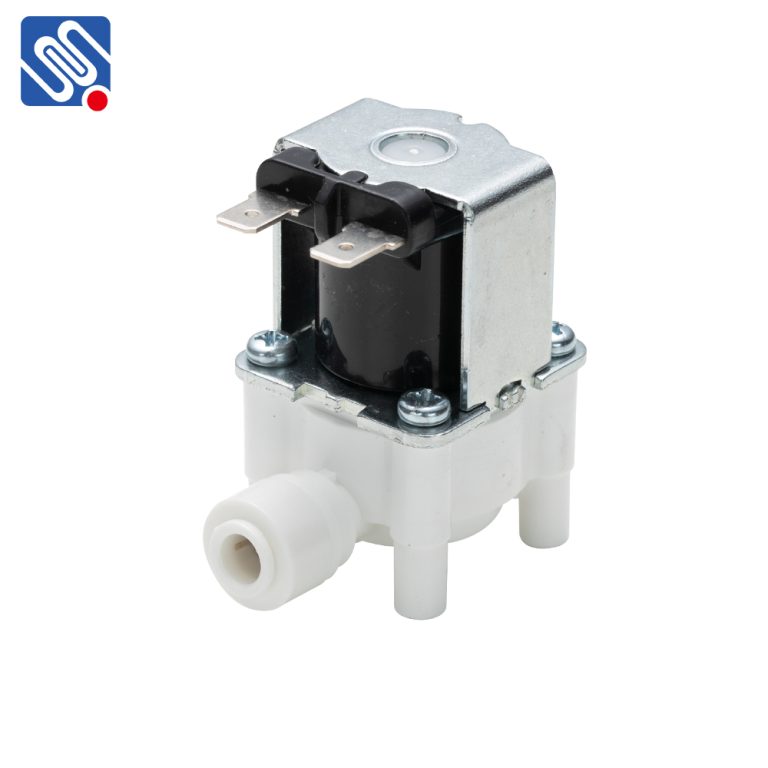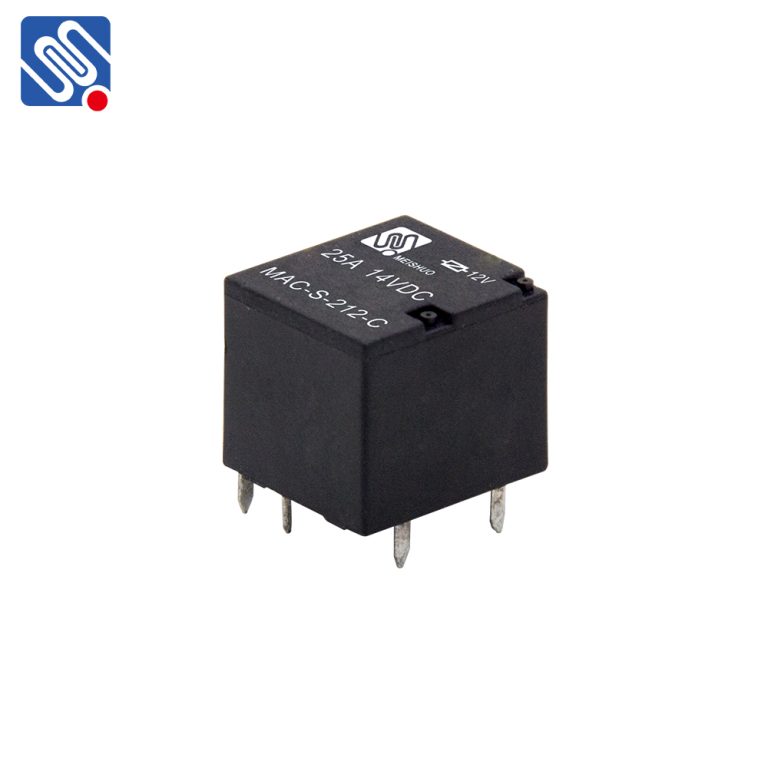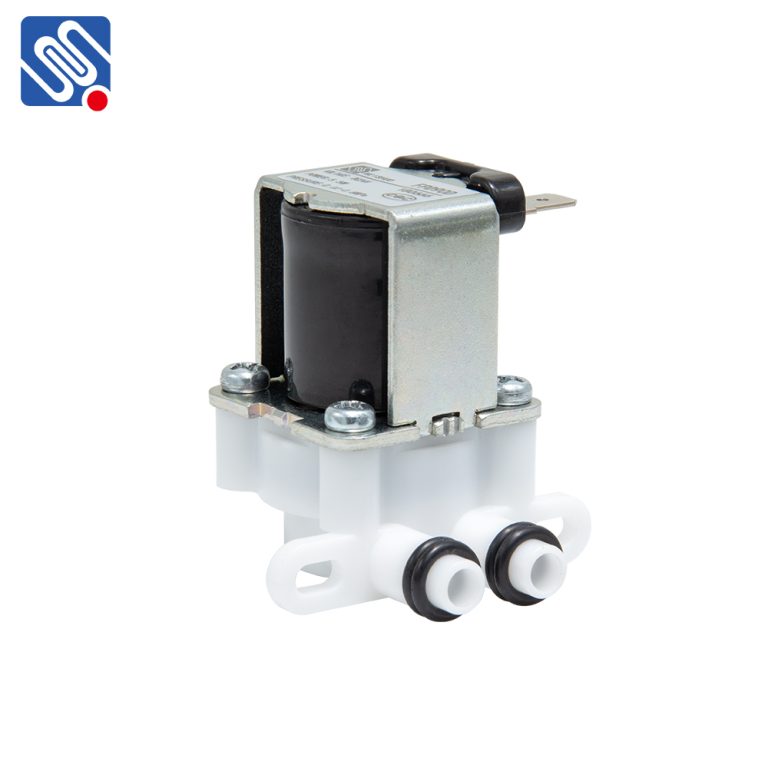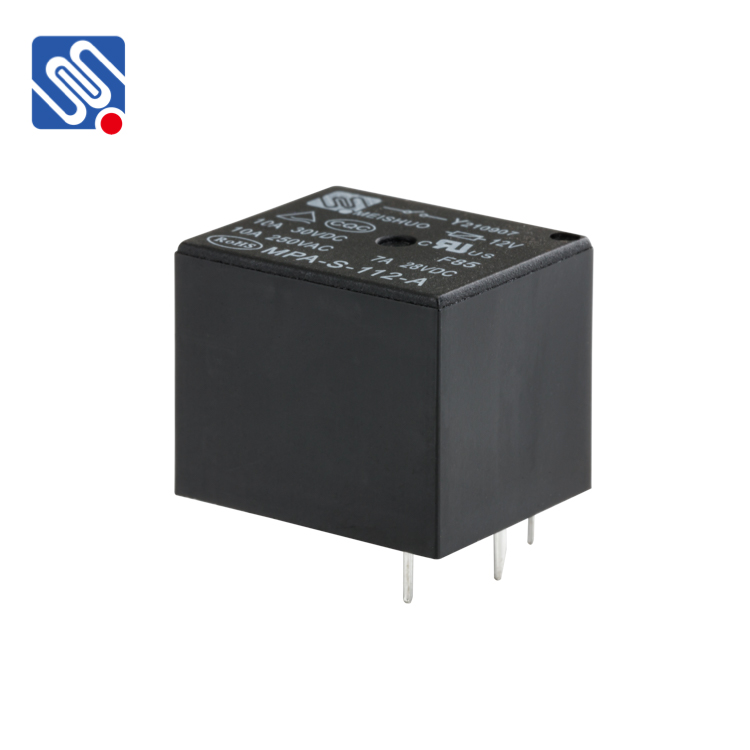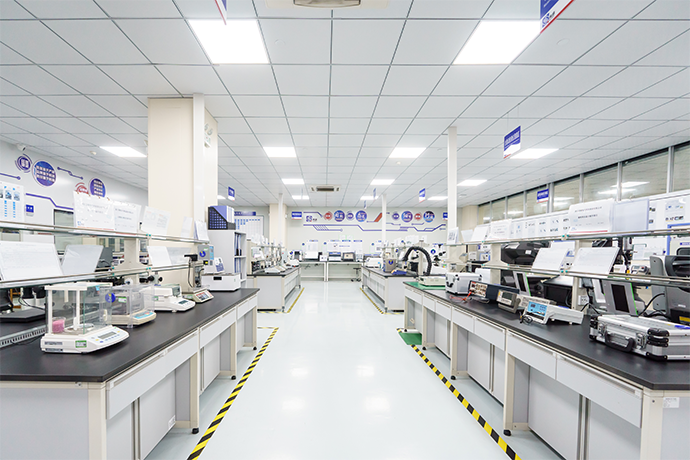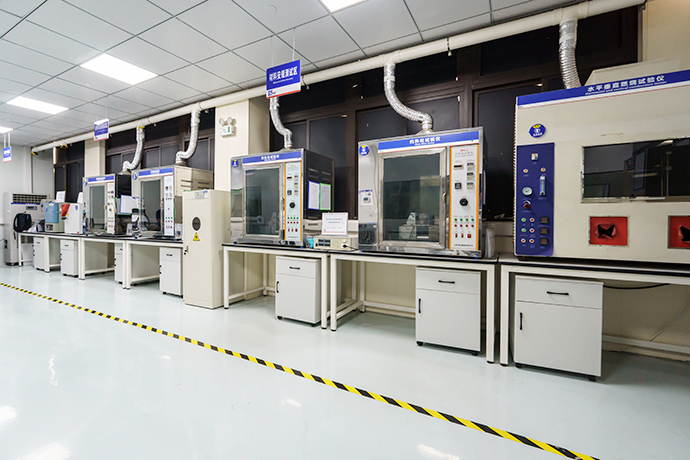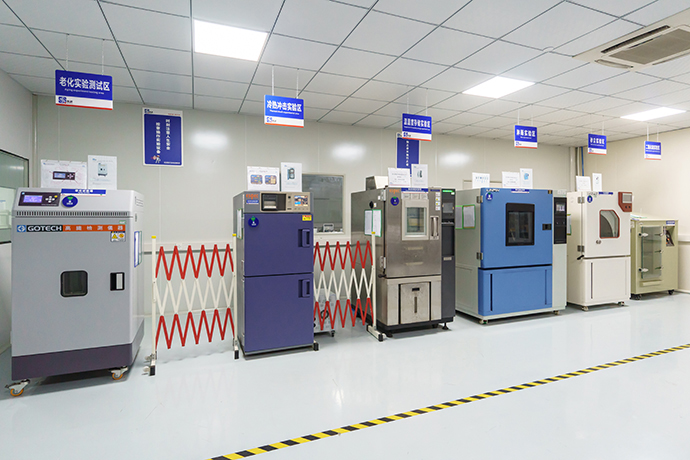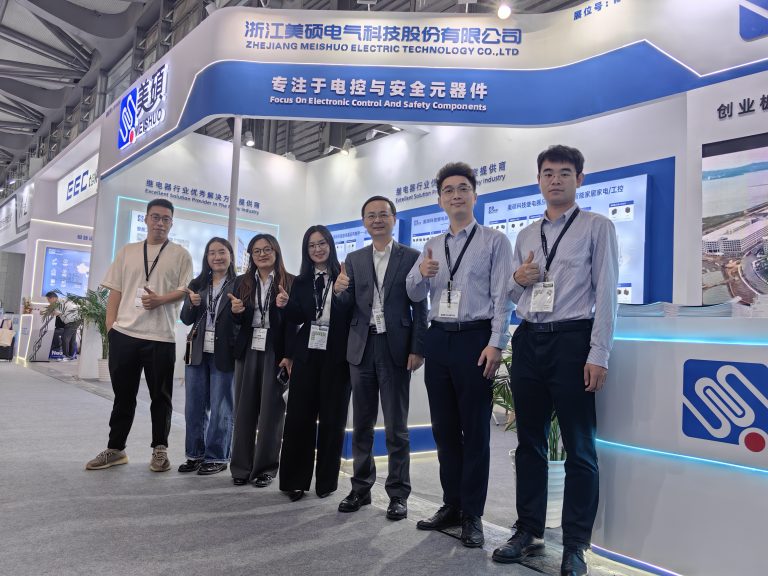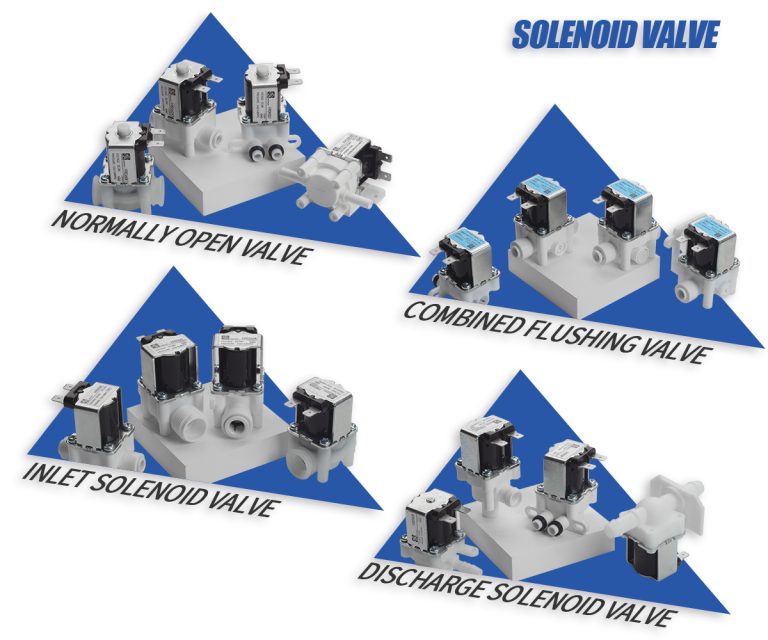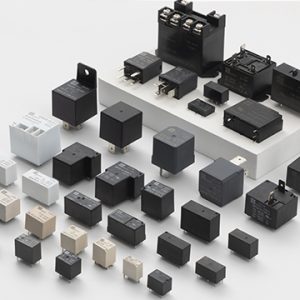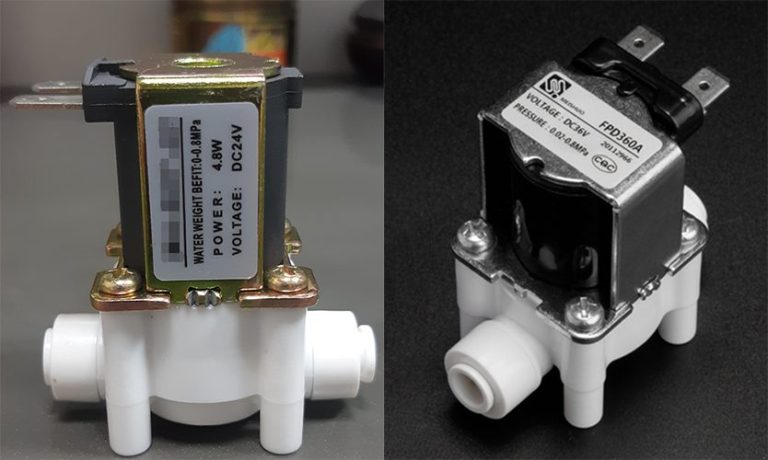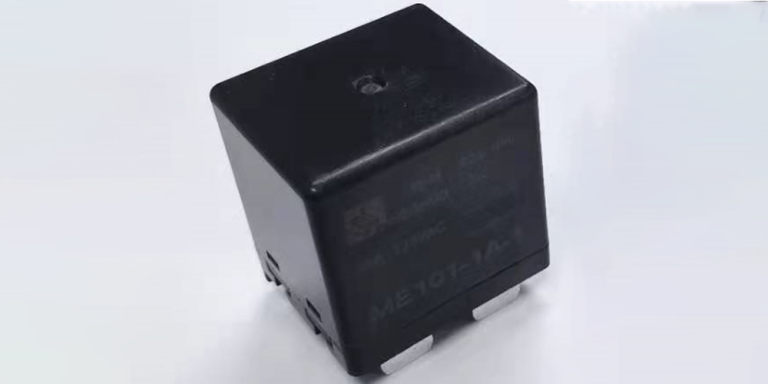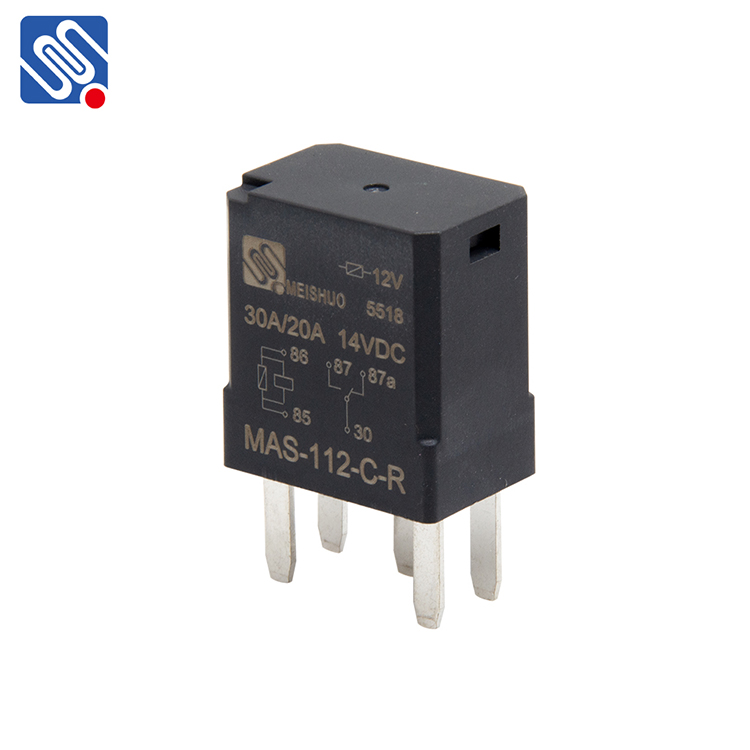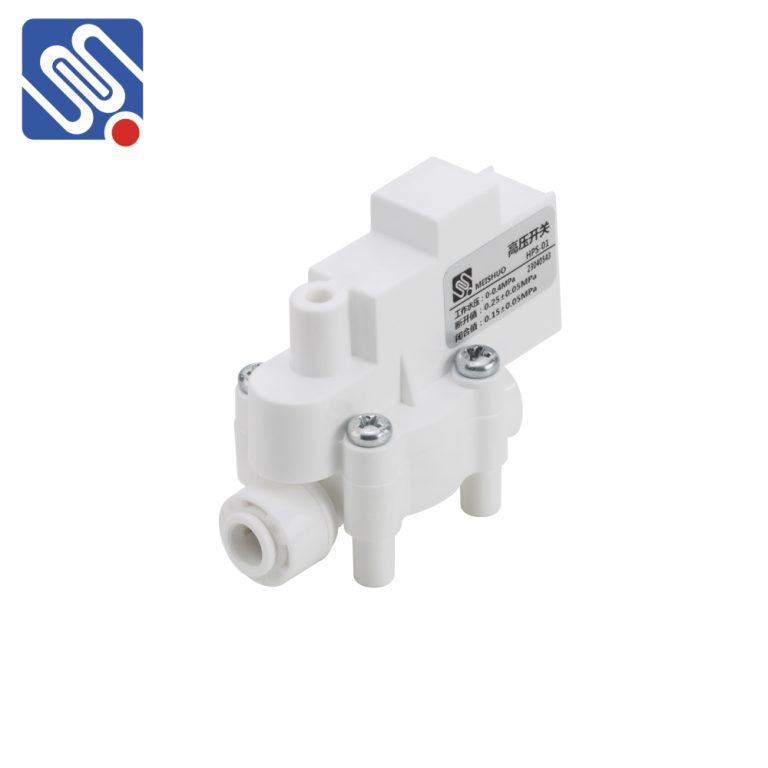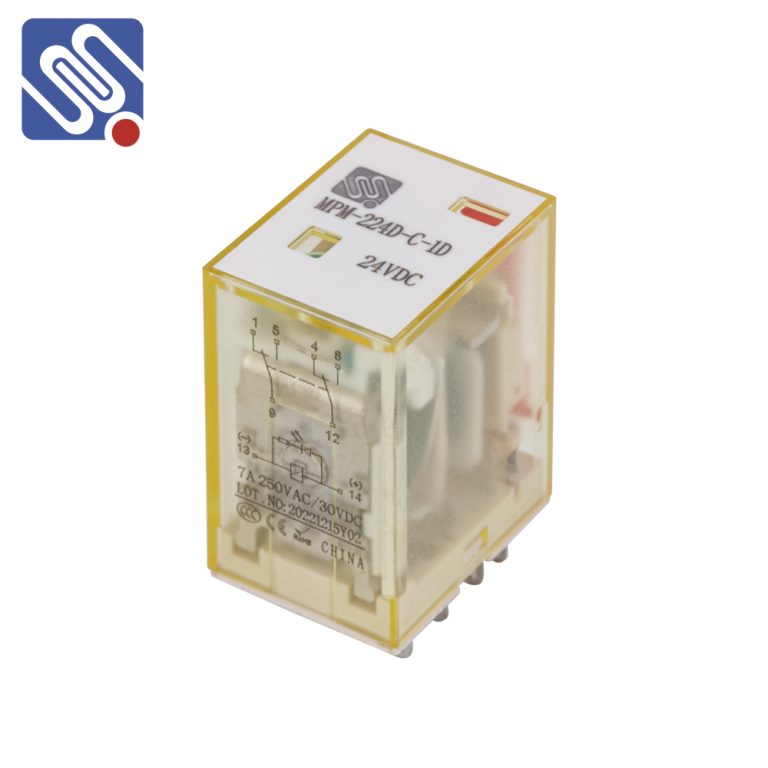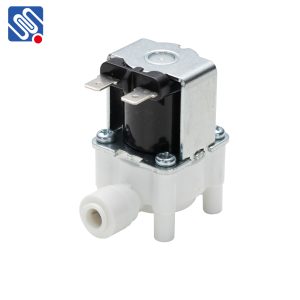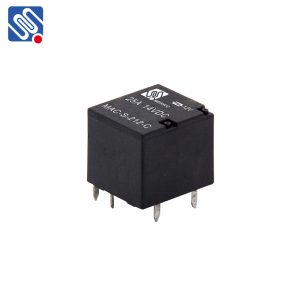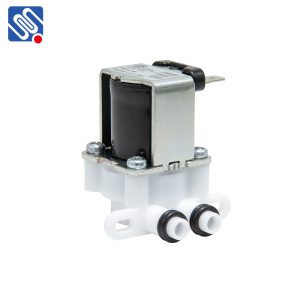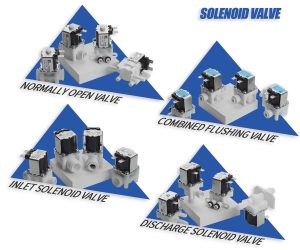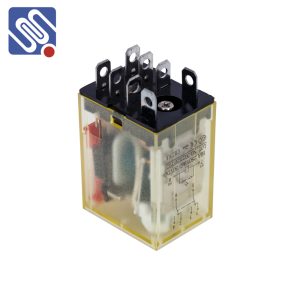Relays, as key components in electrical control systems, directly affect the reliability and stability of the entire system. Silver alloy contact materials, known for their excellent conductivity and high mechanical strength, have become widely used in the relay industry. However, silver alloy is not a single material; it can be divided into different types based on the alloying elements added. Each material offers distinct advantages in different application scenarios and directly influences the relay’s conductivity, wear resistance, oxidation resistance, and service life. As an industry-leading relay manufacturer, Meishuo Technology offers relays with a variety of silver alloy contact materials, enabling precise matching to customer needs and helping devices in various industries achieve efficient and stable operation.
1.Silver Tin Oxide (AgSnO₂)
Composition: Alloy of silver (Ag) and tin oxide (SnO₂).
Features:Good electrical properties and high oxidation resistance.
More resistant to high temperatures than pure silver, especially under high current and high frequency operation.
Excellent welding resistance, suitable for use under high load and high frequency working conditions.
Optimizes the conductivity of silver, while greatly improving the wear resistance and corrosion resistance of the material, extending the service life of the relay.
Application:Commonly used in relays that need to withstand large currents or high frequency operations, widely used in automotive electronics, motor control, industrial automation and other fields.
2. Silver-Copper Alloy (AgCu) Contacts
Composition: Silver (Ag) and Copper (Cu) alloy, with silver content typically between 70% and 90%.
Features: Silver-copper alloys offer excellent conductivity and high mechanical strength. The addition of copper enhances the alloy’s wear resistance and oxidation resistance. Compared to other high-purity silver alloys, silver-copper alloy is more cost-effective, offering a good balance of price and performance.
Applications: Suitable for electrical control systems with medium to low current and smaller loads, such as household appliances, electrical switches, and communication equipment. Silver-copper alloy contact relays are ideal for cost-sensitive applications, providing a good balance between performance and affordability.
3. Silver-Nickel Alloy (AgNi) Contacts
Composition: Silver (Ag) and Nickel (Ni) alloy, with silver content typically between 50% and 80%.
Features: Silver-nickel alloys have high temperature resistance and corrosion resistance. The addition of nickel improves performance in high-temperature and highly corrosive environments. This alloy also offers good wear resistance, maintaining excellent contact performance even under high-frequency operations.
Applications: Widely used in medium current load and high-frequency applications, such as industrial automation equipment, motor control, and automotive electronics. It is especially suitable for applications requiring high temperature and corrosion resistance.
4. Silver-Palladium Alloy (AgPd) Contacts
Composition: Silver (Ag) and Palladium (Pd) alloy, with silver content generally between 60% and 80%.
Features: Silver-palladium alloy relays offer excellent electrical contact performance, making them particularly suitable for high-frequency, low-voltage applications. The addition of palladium enhances the alloy’s high-temperature resistance and oxidation resistance, extending its service life, especially in frequent operation scenarios.
Applications: Commonly used in applications requiring high electrical stability and long service life, such as communication equipment, precision measurement instruments, and aerospace fields. These relays are crucial in high-precision control systems.
5. Silver-Zinc Alloy (AgZn) Contacts
Composition: Silver (Ag) and Zinc (Zn) alloy, with silver content typically between 60% and 90%.
Features: Silver-zinc alloys offer good electrical properties, while the addition of zinc significantly enhances the alloy’s corrosion resistance. Compared to other silver alloys, silver-zinc alloy is more cost-effective.
Applications: Suitable for low to medium current control applications, such as household appliances, office equipment, and low-load industrial equipment. Silver-zinc alloy contact relays provide a cost-effective solution for applications with moderate performance requirements.
6. Silver-Aluminum Alloy (AgAl) Contacts
Composition: Silver (Ag) and Aluminum (Al) alloy, with aluminum content typically between 10% and 30%.
Features: Silver-aluminum alloy relays operate stably at higher temperatures and exhibit strong oxidation resistance. The addition of aluminum enhances the alloy’s mechanical strength and high-temperature performance, though its conductivity is somewhat lower than that of other silver alloys.
Applications: Suitable for equipment requiring high-temperature resistance, commonly used in industrial control systems and power equipment.
As an industry-leading relay manufacturer, Meishuo Technology understands the crucial impact of contact materials on relay performance. Our relays predominantly use silver oxide tin materials, ensuring product reliability, stability, and long service life. We ensure that each relay performs optimally during installation and use. Should any issues arise, our professional team will respond promptly and provide solutions.
 If you have any inquiries or requirements regarding our relay products, feel free to contact our sales team and technical consultants. We will provide you with professional product recommendations and customized services to help your equipment achieve outstanding performance.
If you have any inquiries or requirements regarding our relay products, feel free to contact our sales team and technical consultants. We will provide you with professional product recommendations and customized services to help your equipment achieve outstanding performance.
 If you have any inquiries or requirements regarding our relay products, feel free to contact our sales team and technical consultants. We will provide you with professional product recommendations and customized services to help your equipment achieve outstanding performance.
If you have any inquiries or requirements regarding our relay products, feel free to contact our sales team and technical consultants. We will provide you with professional product recommendations and customized services to help your equipment achieve outstanding performance.



